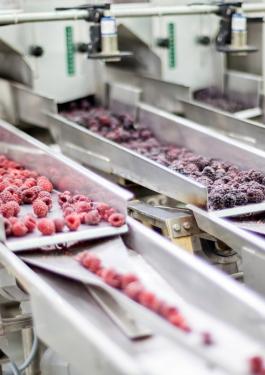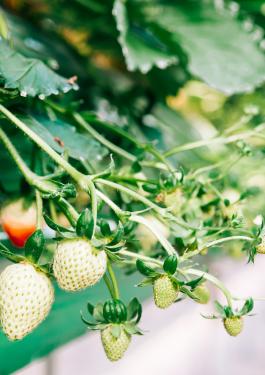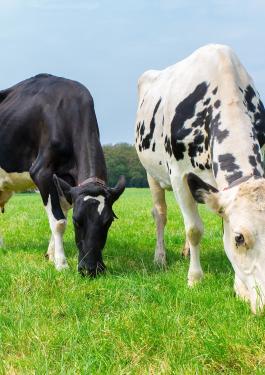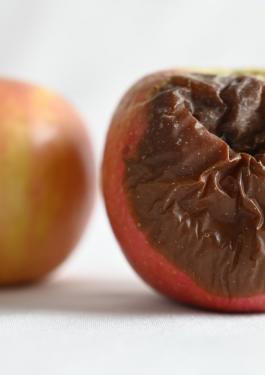Seafood Certification
Consumers, retailers and other stakeholders increasingly demand that seafood be safe and responsibly sourced. Bureau Veritas’ certification services enable you to demonstrate compliance to internationally recognized sustainable seafood standards.
As global demand for seafood continues to grow, the fishing industry is under intense pressure to enforce responsible fishing practices to avoid overexploitation and damage to marine ecosystems. At the same time, the rapidly growing aquaculture industry, which now supplies more than half of seafood consumed today, must find ways to better manage its fish farms and hatcheries to promote food safety and animal welfare, while reducing its negative environmental and social impacts.
Bureau Veritas offers a wide range of certification, training and digital solutions for players across the seafood value chain. Bureau Veritas supports you in demonstrating that your seafood is safe, healthy, responsibly produced and fully traceable.
KEY BENEFITS
-
MEET THE REQUIREMENTS OF MAJOR GLOBAL RETAILERS AND BRANDS,
who increasingly require sustainable seafood certification and ecolabels
-
ASSURE BUYERS, RETAILERS, AND CONSUMERS
that your fishing and aquaculture practices comply with industry standards
-
EARN RECOGNITION AS A RESPONSIBLE ACTOR
with respect to marine resources, ecosystems, food safety and sourcing
-
BOOST YOUR BRAND IMAGE
with ecolabels demonstrating environmental and social responsibility
MSC AND ASC: SUSTAINABLE, RESPONSIBLE SEAFOOD
Global demand for seafood is on the rise, but overfishing and destructive fishing practices are depleting fish populations. Marine Stewardship Council (MSC) certification ensures that wild seafood has been caught using sustainable fishing practices. Aquaculture Stewardship Council (ASC) certification attests to the sustainable aquaculture of farmed seafood. We provide certification services for these and other seafood standards, partnering with you to ensure quality, safety and sustainability along the entire supply chain.
BEST AQUACULTURE PRACTICES (BAP) CERTIFICATION
The Best Aquaculture Practices (BAP) standard was developed by the Global Aquaculture Alliance (GAA) to address environmental and social responsibility, animal welfare, food safety and traceability. BAP covers the entire production chain, from farms and processing plants, to hatcheries and feed mills, and is recognized by the Global Food Safety Initiative (GFSI).
GLOBALG.A.P.: RECOGNITION FOR RESPONSIBLE AGRICULTURE AND AQUACULTURE
GLOBALG.A.P. is an internationally recognised set of food production safety and quality standards, covering both agriculture and aquaculture. Certification to GLOBALG.A.P. demonstrates a commitment to Good Agricultural Practices (GAP): food safety, sustainability and worker and animal welfare. With retailers across Europe, Asia and the Americas increasingly requiring the certification, GLOBALG.A.P., is key to securing access to global markets.



